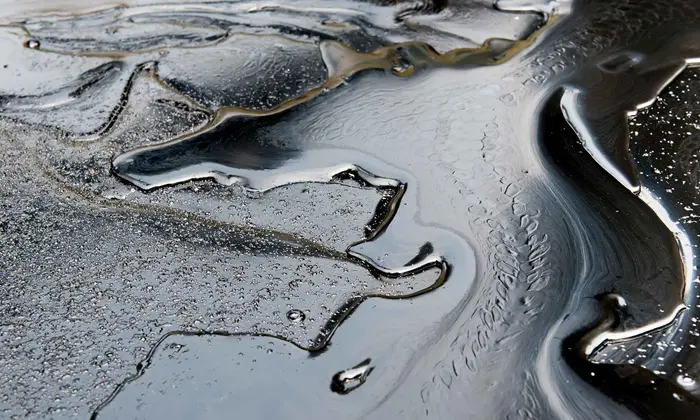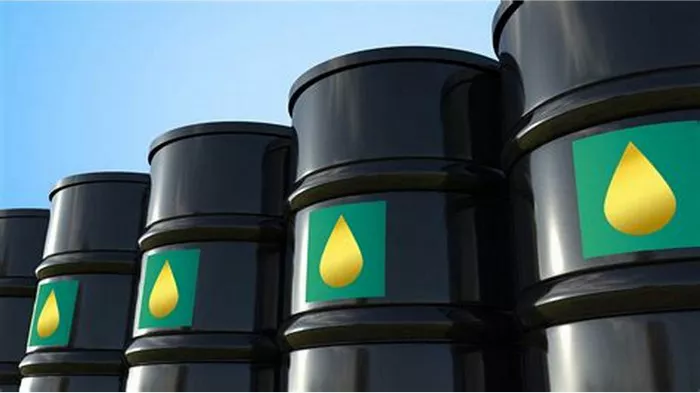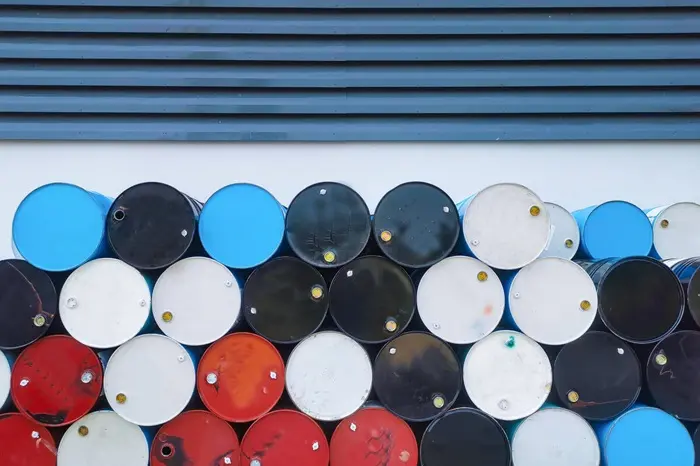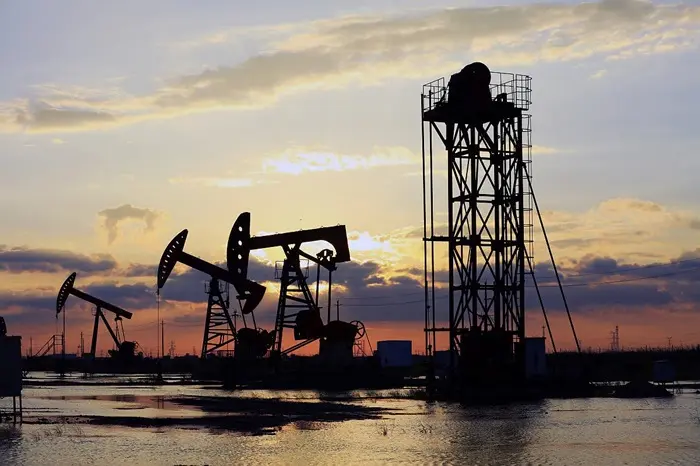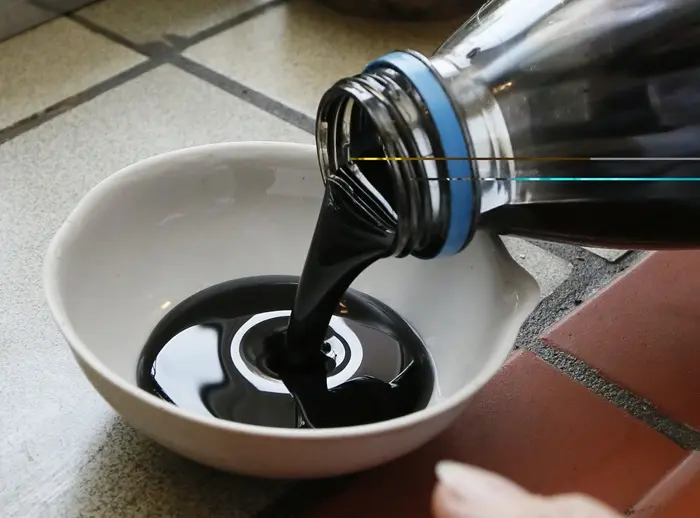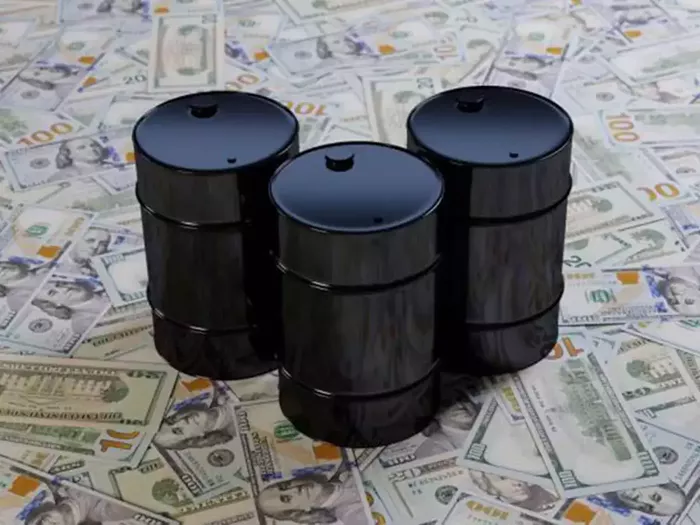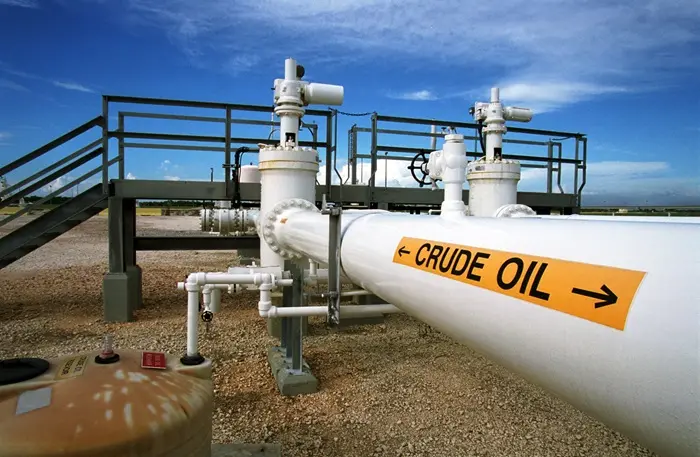In the world of energy and finance, understanding the nuances between different types of hydrocarbons is crucial. Two commonly discussed terms are “crude oil” and “petroleum.” While these terms are often used interchangeably in casual conversation, they represent different stages and forms of hydrocarbon resources. This article aims to clarify the distinction between crude oil and petroleum, exploring their characteristics, processing methods, and implications in various sectors.
Introduction
Crude oil and petroleum are foundational to the global energy market, influencing everything from gas prices to geopolitical relations. Despite their close relationship, they are not synonymous. This article delves into what makes crude oil and petroleum distinct from each other, examining their definitions, extraction processes, and end uses.
Definition and Composition
Crude Oil
Crude oil is a naturally occurring liquid found in underground reservoirs. It is a complex mixture of hydrocarbons, primarily composed of alkanes, cycloalkanes, and aromatic hydrocarbons. The specific composition of crude oil can vary widely based on its source, leading to different grades of crude oil, such as Brent, WTI (West Texas Intermediate), and Dubai Crude.
Crude oil is classified into various types based on its physical properties, including:
Light vs. Heavy: Light crude oil has a lower density and viscosity, making it easier to refine. Heavy crude oil is denser and more viscous, requiring more processing.
Sweet vs. Sour: Sweet crude oil has a lower sulfur content, making it less corrosive and more desirable. Sour crude oil has a higher sulfur content, which necessitates additional processing to remove sulfur compounds.
Petroleum
Petroleum is a broader term that encompasses all forms of hydrocarbon-based materials, including both crude oil and its refined products. In essence, petroleum includes:
Crude Oil: The raw, unprocessed form of petroleum extracted from the ground.
Refined Products: Products derived from refining crude oil, such as gasoline, diesel, jet fuel, heating oil, and petrochemicals.
While crude oil is the starting point, petroleum in its refined state has a wide range of uses in energy production, manufacturing, and transportation.
See Also: 6 Classifications Of Crude Oil Uses
Extraction and Processing
Crude Oil Extraction
The extraction of crude oil involves drilling wells into underground reservoirs. There are two primary methods for extracting crude oil:
Primary Recovery: This method relies on natural reservoir pressure to push the oil to the surface. It typically recovers 5-15% of the oil present in the reservoir.
Secondary Recovery: When natural pressure is insufficient, water or gas is injected into the reservoir to help displace the oil and push it to the surface. This method can recover an additional 20-40% of the reservoir’s oil.
Tertiary Recovery: Also known as enhanced oil recovery, this technique uses advanced methods like thermal injection, chemical flooding, or gas injection to recover the remaining oil, which can be 5-20% of the total.
Petroleum Refining
The refining process converts crude oil into usable products. The primary steps involved in refining petroleum include:
Distillation: Crude oil is heated and separated into different fractions based on boiling points. This process yields various products like gasoline, diesel, kerosene, and more.
Cracking: Larger, heavier hydrocarbons are broken down into lighter, more valuable products through chemical processes such as thermal cracking or catalytic cracking.
Reforming: The structure of hydrocarbons is altered to improve the quality of products, such as increasing the octane rating of gasoline.
Blending: Different refined products are mixed to achieve desired specifications and characteristics.
Applications and Uses
Crude Oil
Crude oil itself is not used directly in most applications. Instead, it is primarily used as a raw material for refining. The quality and type of crude oil influence the efficiency and cost of the refining process, which in turn affects the final products derived from it.
Petroleum Products
Petroleum products, derived from refining crude oil, have a wide array of applications, including:
Transportation: Gasoline and diesel fuel vehicles, while jet fuel powers airplanes.
Heating: Heating oil is used in residential and industrial heating systems.
Industry: Petrochemicals derived from petroleum are essential in manufacturing plastics, synthetic fibers, fertilizers, and other industrial products.
Energy Production: Petroleum products are used in power generation, especially in regions where alternative energy sources are not available.
Economic and Environmental Impact
Economic Impact
Both crude oil and petroleum products play significant roles in the global economy. Crude oil prices influence the cost of refined products and, consequently, the broader energy market. Changes in crude oil prices can affect inflation, trade balances, and economic stability in oil-producing and oil-consuming countries.
Petroleum products drive various industries, including transportation, manufacturing, and energy. The demand for refined products impacts job creation, trade policies, and energy security.
Environmental Impact
The environmental impact of crude oil and petroleum is substantial. Crude oil extraction and transportation can lead to environmental issues such as oil spills, habitat destruction, and air pollution. Refining processes also contribute to environmental challenges, including greenhouse gas emissions and waste production.
Efforts to mitigate these impacts include:
Improving Extraction Techniques: Implementing more sustainable practices to reduce environmental harm.
Advancing Refining Technology: Enhancing efficiency and reducing emissions through better technology and practices.
Developing Alternative Energy Sources: Investing in renewable energy to reduce reliance on petroleum products.
Conclusion
Crude oil and petroleum are closely related but distinct entities. Crude oil refers to the raw, unprocessed hydrocarbon extracted from the earth, while petroleum encompasses both crude oil and its refined products. Understanding their differences is essential for grasping their roles in the global energy market, their economic significance, and their environmental impact.
As we advance towards more sustainable energy solutions, the knowledge of these hydrocarbons will remain crucial in shaping policies, technologies, and practices in the energy sector.
[inline_related_posts title=”You Might Be Interested In” title_align=”left” style=”list” number=”3″ align=”none” ids=”3586,3509,3506″ by=”categories” orderby=”rand” order=”DESC” hide_thumb=”no” thumb_right=”no” views=”no” date=”yes” grid_columns=”2″ post_type=”” tax=””]


